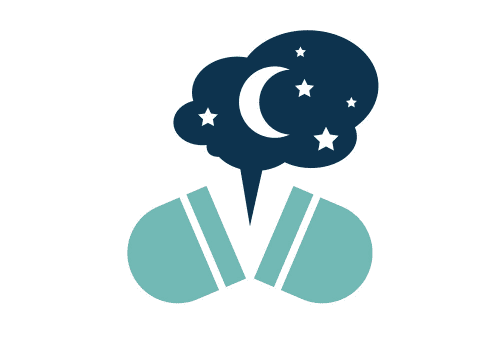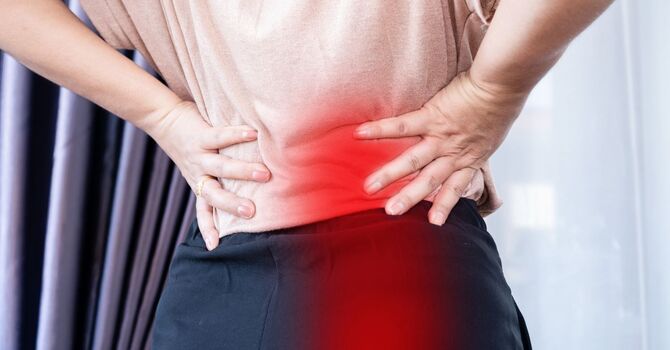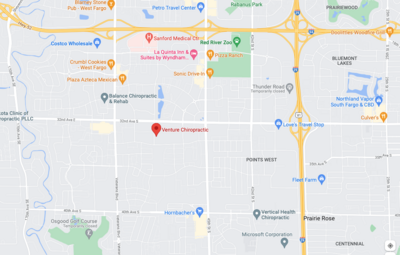
Is it possible that a vitamin or hormone can reduce the effects of Covid-19? As researchers and scientists scramble to find a link and solution to this novel virus, interesting links are exposed. No one holds the “key” to eradicating this virus at this point, but what continues to be true is that a healthy lifestyle, exercise, a healthy immune system, increased vitamin D, and a well-rounded, healthful diet are protective. Little in life, especially with one’s health, is simple and there is NEVER a one size fits all approach. It is important to work with trusted health providers, be cautious of what you read or hear from social media, and also understand that what may work for a family member, friend or neighbor may not be safe for you, even if it is a vitamin or hormone!
To be clear: there is currently nothing definitive in the science showing that melatonin can protect against the most serious effects of COVID-19. But there are indications that melatonin may reduce the severity of the disease, and the overblown immune response and subsequent severe damage to the lungs that is present in the virus’ most critically ill patients.
Melatonin is produced naturally in the body and is known as a sleep facilitator. Many do not realize that melatonin is a hormone and not a vitamin or mineral. It is not a sedative, but instead helps to regulate sleep by its influence over the body’s sleep-wakes cycles and biological clock. Melatonin is produces by the pineal gland in the brain. The brain receives cues from the eye regarding the light and dark signals from the retina. The pineal glad is then signaled to increase its production of the hormone in response to darkness.
Like most hormones it follows the circadian rhythm. The circadian rhythm is a natural, internal process that regulates sleep-wake cycles and repeats every 24 hours. Melatonin increases in production in response to darkness and is suppressed by exposure to light. This is one of the key reasons why your bedroom should be absent of light and the calm down period before bed is important. Light exposure can be so detrimental to your sleep and health. Melatonin levels begin to rise around 9 p.m. and peak during the night and begin to fall in the morning.
It is best to rely on your body to produce melatonin on its own, but some turn to melatonin in supplement form as a sleep aid. Most melatonin comes in 3 mg doses and it is important to know that you may not need that much. More of something may not be a good thing. Some individuals report vivid dreams and do not like the effects they experience. It is important to know the manufacture and their practices before you just snag a bottle from the shelf. It is important that there are no other ingredients included and it meets label claims. A reputable company is a MUST when one purchases supplements. You would never purchase food from a grocery store that was rotten or buy only half an apple. This is what you may be purchasing if you don’t research and chose your supplements wisely. We have a high quality Melatonin supplement available in the office or through our online store if interested.
One of the best practices to ensure you are producing your own melatonin is to go to bed and wake up at the same time every day, even on the weekends, so you may regulate your internal clock. Other behavioral modifications that can lead to improved sleep include:
- Exercise regularly
- Eat meals at the same time
- Use the bedroom for sleep (NO TV or electronics)
- Go to bed when sleepy and avoid fighting through your body’s signal to stay up later.
- Skip the news, social media, and other sources that may cause worry and anxiety.
- Avoid the use of devices such as phones, tablets and laptops before bedtime
- Make sure the room is dark – dim your alarm clock or turn off unnecessary lights.
In a recent study, published in Life Sciences, summarizes the “possible beneficial effects of melatonin as adjuvant use in COVID-19 in anti-inflammation, anti-oxidation, immune response regulation has been repeatedly demonstrated in respiratory disorder models induced by infections and associated complications. Although the direct evidence of melatonin application in COVID-19 is unclear, both its use in experimental animal models and in studies on humans has continuously documented its efficacy and safety and its use by COVID-19 patients predictably would be highly beneficial.”
Short-term use of melatonin seems to work well and be safe, but there are only a few studies that focus on long term use. Working with a sleep specialist may be beneficial to learn more about your specific issues, provide insight and learn valuable tips, and answer your concerns. Sleep is important and essential for every human. Zen Sleep Consulting is a great resource in Fargo to check out. Annie Schlecht can work with adults or children improve the quality of their sleep.
We realize at Venture we cannot do it all and working with professionals in our community is valuable and provides better outcomes for our patients. We are always happy to help connect you to those in our community to improve your overall health and well-being. Now, turn off your device and go to sleep!
— Melanie Dockter DC CACCP




